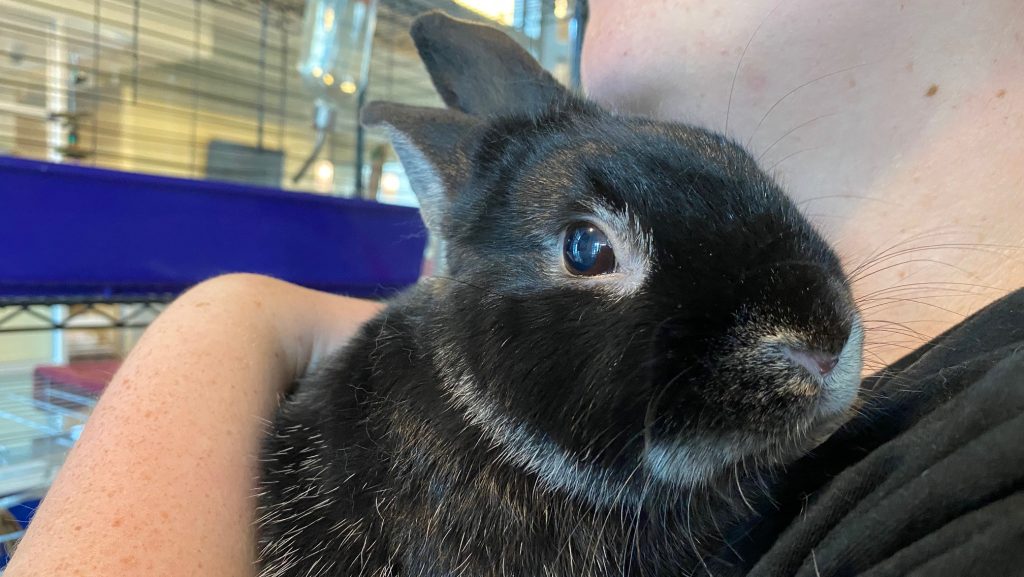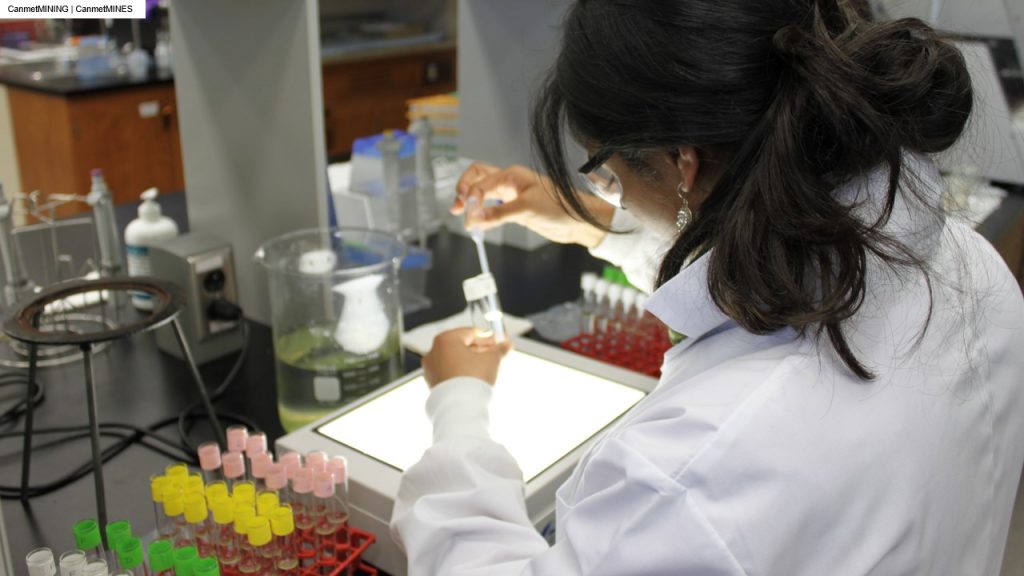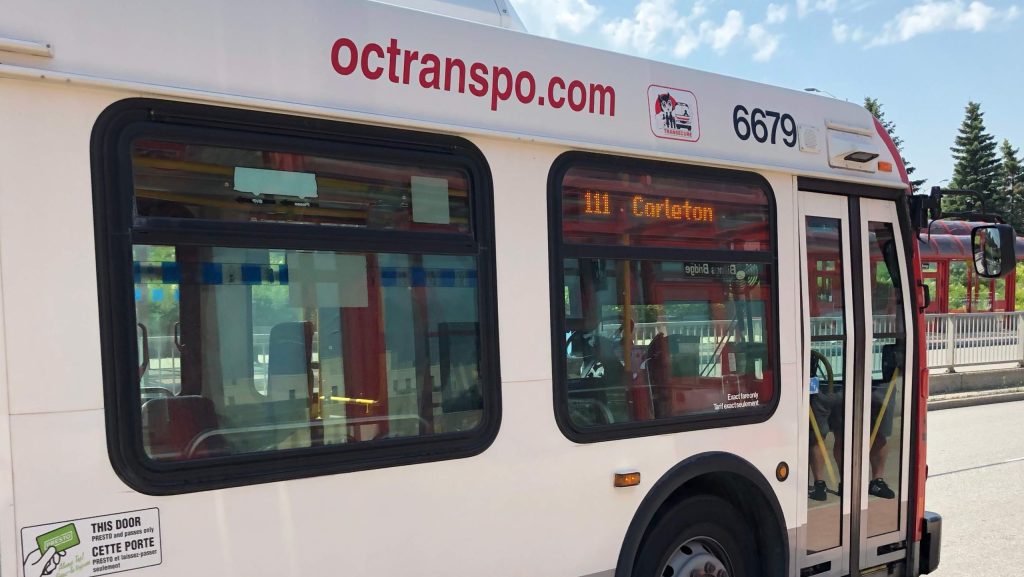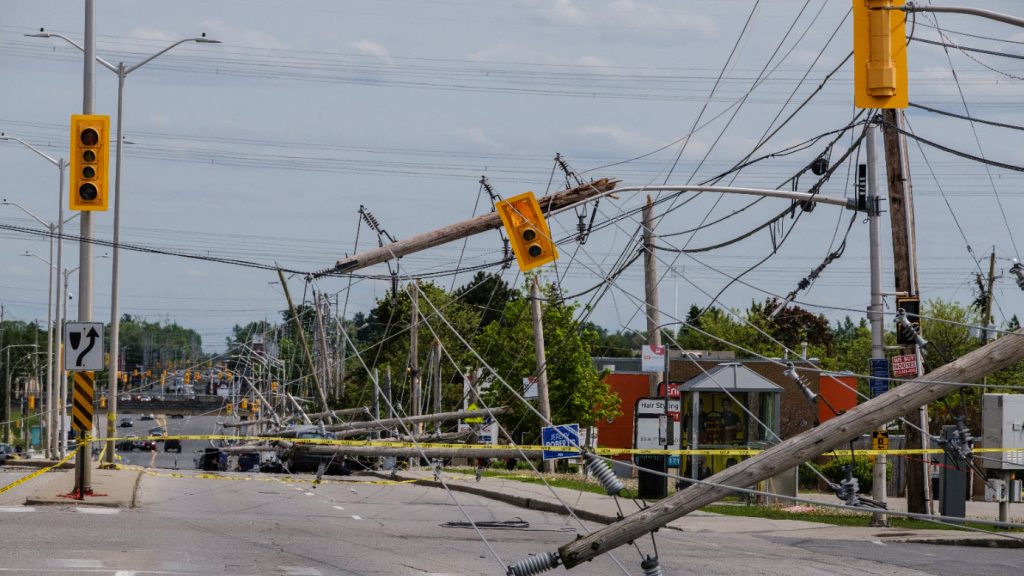‘She was being left behind’: An Ottawa family’s fight to get their quadriplegic daughter a COVID-19 vaccine
Posted Apr 4, 2021 07:50:00 PM.
Every day Jodi Graham was without her COVID-19 vaccine was another day her health was at the mercy of the virus and others in the community.
With symptoms like difficulty breathing, shortness of break and coughing among the listed symptoms of COVID-19 sufferers, the 39-year-old functioning quadriplegic — who has issues coughing and swallowing — was at a very high risk of complications if she were to contract the virus.
Yet, she wasn’t listed among the priority groups to get vaccinated — all because of some minor technicalities.
If Jodi was in a long term care facility, she would have received the vaccine — but because her parents decided to keep her at home and get home health care, she didn’t qualify.
Then, Jodi and her family moved to a new neighbourhood very close by their previous one to accommodate Jodi's need — if she had stayed in her old home, she would have qualified because it was deemed high risk. But because she moved to the neighbourhood over, she no longer qualified again.
“The only thing stopping us from getting her vaccine was our postal code,” mom Cheryl Graham, 62, explained. “We felt like she was being left behind — she’s very vulnerable.”
Enough was enough — Jodi felt like she had to do something and advocate for herself.
So Jodi and her friend Zac reached out to a few important people with: Ottawa West-Nepean MP Anita Vandenbelt, MPP for Ottawa West-Nepean Jeremy Roberts, Health Santé and The Ottawa Hospital to advocate on her behalf.
They also reached out to CityNews Ottawa to help tell Jodi’s story, which Cheryl said is also the story of many people who live with traumatic brain injuries.
Emails were sent to the MPs, MPPS and hospital on March 22.
Nine days later, the City of Ottawa announced it would open vaccination appointments to adult recipients of chronic home health care living anywhere in Ottawa. finally, appointments could be booked at the Canterbury pop-up clinic or any of the city’s other COVID-19 pop-ups in the city.
Before this, people with disabilities and chronic illnesses were part of the second phase of vaccination in Ottawa and most of Ontario.
(Jodi is a recipient of home healthcare through he LHINS, but had to temporarily stop her care in order to limit the traffic within her home. Isolation was more important now than ever. Despite holding off on the homecare, Jodi was still registered with the LHINs and on their list to receive the services.)
But then on Thursday, April 1, with her mom by her side, Jodi finally got her COVID-19 vaccine. She was so excited, she took a photo of the occasion.
“She was thrilled — so happy,” Cheryl recalled on Jodi’s behalf, as she’s unable to speak. “We got in right away. We even ran into the doctor who performed her arm surgery after her accident.”
It was 15 years ago when Jodi was riding as a passenger in a car on her way to coach a local soccer game. The car was travelling west on Fallowfield Road and turning into the small strip mall beside Tim Hortons just west of Woodroffe when the vehicle she was in was T-boned by an SUV on Jodi’s side.
The car she was in was catapulted into a marking lot, barely making it through two poles and then hit three cars in the lot.
When EMS arrived on scene, they thought Jodi was dead.
Luckily, someone heard her breathing, broke her out with the jaws of life and she was rushed to the hospital and then to the operating room to insert a cerebral shunt into her brain to relieve intracranial pressure. Doctors also had to pick out an significant amount of shattered glass from her face, neck and back as her passenger window had shattered.
Jodi was in a coma for two weeks until she woke up in a vegetative state. She stayed in the hospital six more weeks before her parents made the decision to bring her home rather than have her go to a long term care facility.
“When we got the call [my husband and I] were at a hockey banquet. My heart dropped,” Cheryal said. “We never went home — we stayed at the hospital the whole time.”
Because of her traumatic brain injuries, Jodi is unable to walk, has limited use of her limbs, is legally blind and wheelchair bound. She was also told she wouldn’t have any use of her limbs, wouldn’t be able to talk and would have a hard time swallowing.
But Jodi’s a fighter, her mom said, and today Jodi is teaching herself to talk again, and she’s already using her left arm again to text, type and feed herself.
“We’ve tried to keep her as protected as we could [from the virus],” Cheryl said. “She’s had no PSW support since the pandemic, she’s only had someone come in to help her with her physiotherapy.”
So when Jodi was initially told she’d have to wait for her vaccine, Jodi and her family felt like she was being left behind.
As Jerry Fiori, chair of the Ottawa Disability Coalition, puts it, while people with disabilities have surely been negatively impacted by COVID-19 in a direct fashion when they get the virus, the disruption of life, the isolation, stress and lack of services or programs, he’s had no issue with how the Ontario government decided to roll out its vaccination plan.
“A person with a disability is just like anyone else,” Fiori said, speaking as an advocate for disabled people — not in an official capacity for the coalition. “The priorities were set by the ethics committees based on mortality and impact of the virus on people. Persons who had certain health conditions, were of certain ages and other factors were found to be most at risk.”
Though, he added, having a disability can make a person “very vulnerable,” but it is not the disability itself that determines the risk, but the situation that the person is in as defined by the health condition(s) and likelihood of contracting the virus.”
But it was an excruciating waiting period for Jodi — not because of the isolation, in which she said she’s used to — but because it was those little technicalities that prevented her from getting the poke.
“I just don’t understand why she was being left behind,” Cheryl said. “I was shocked that my turn came before hers. I’m fairly healthy… I felt it in my heart that her time was now.”
After 15 months in complete isolation from the outside world, Jodi now said she feels protected with the vaccine.
“We are thrilled — happy — we’re more at ease,” Cheryl said. “We are so blessed she got her first dose. Although there are no guarantees, we feel she is as safe as she can be.”
Now Jodi wants to speak out in support of others in similar situations as she feels it’s a regular occurrence with those who have disabilities to be forgotten by levels of government when new frameworks are being discussed.
“It’s like we don’t have a voice,” Cheryl said for Jodie. “We’re just asking for the same opportunities you would give anyone else.”








